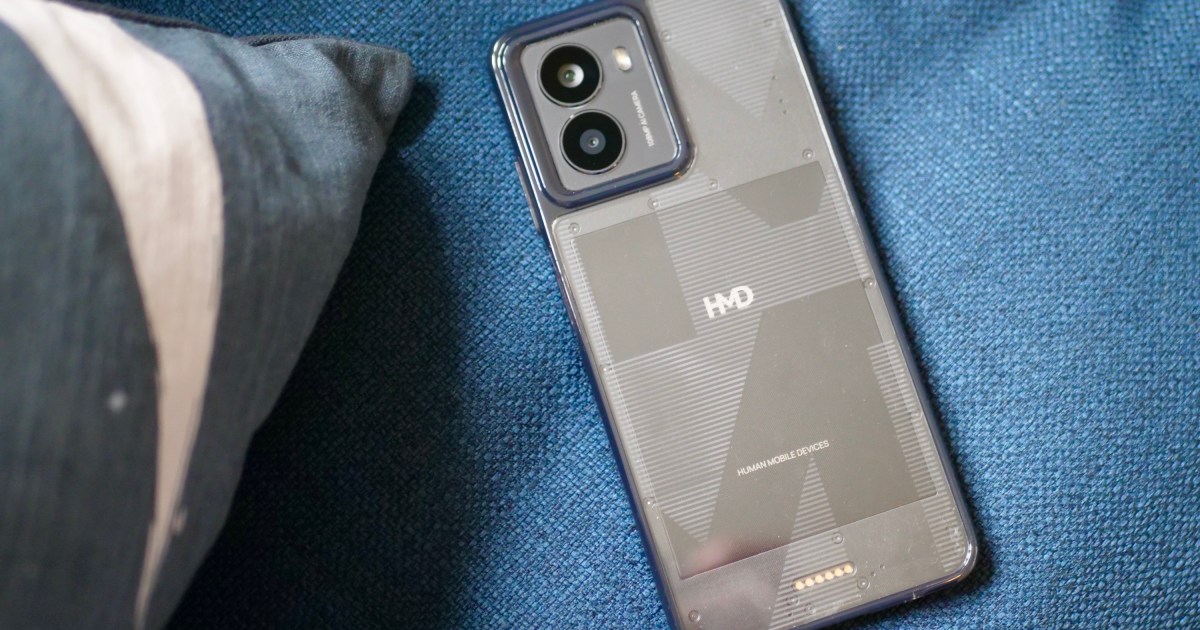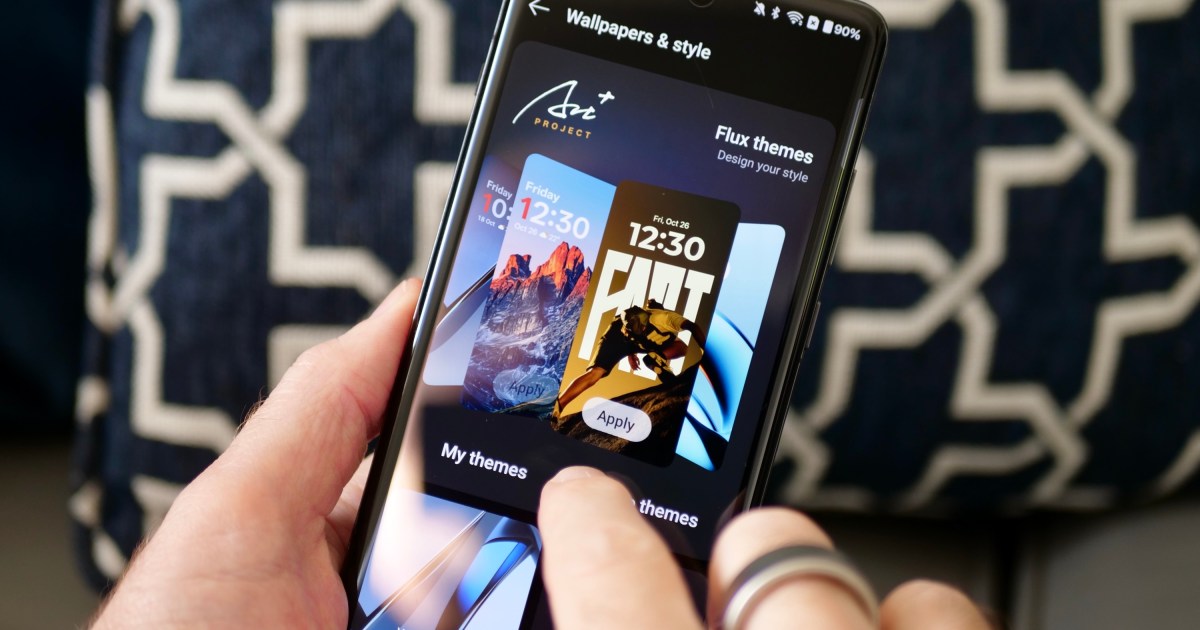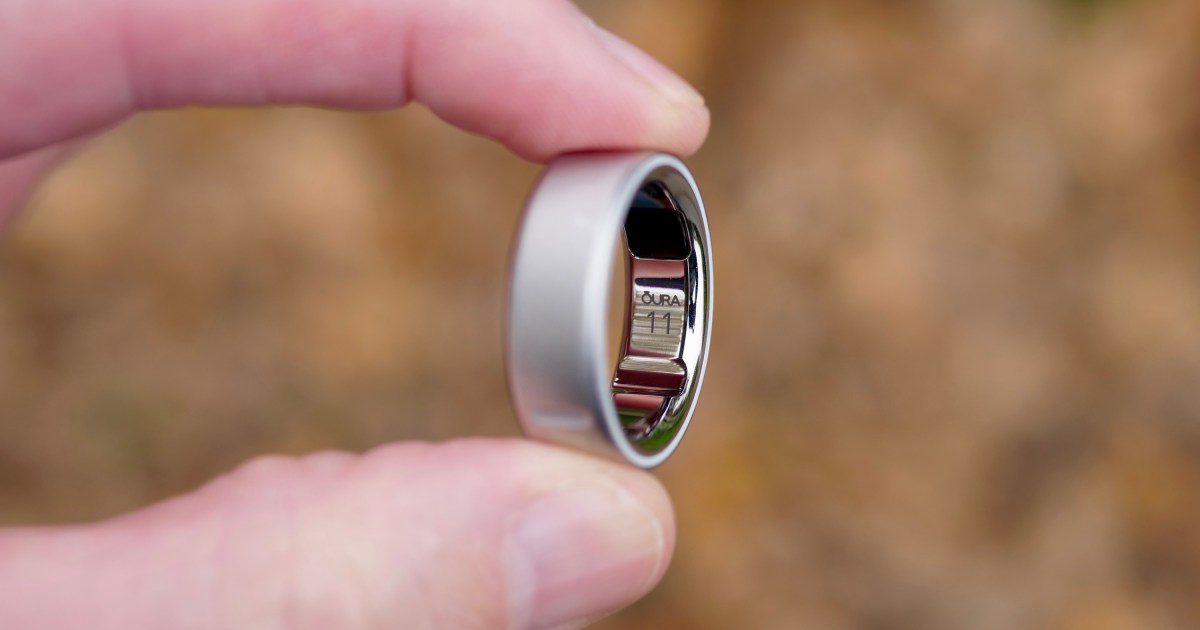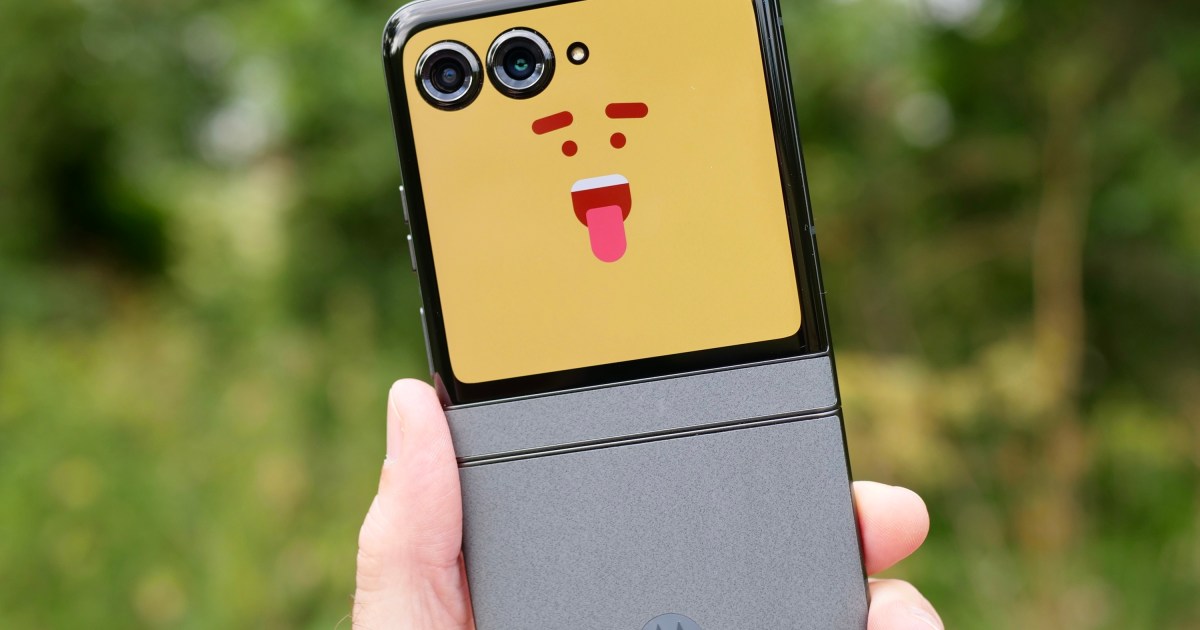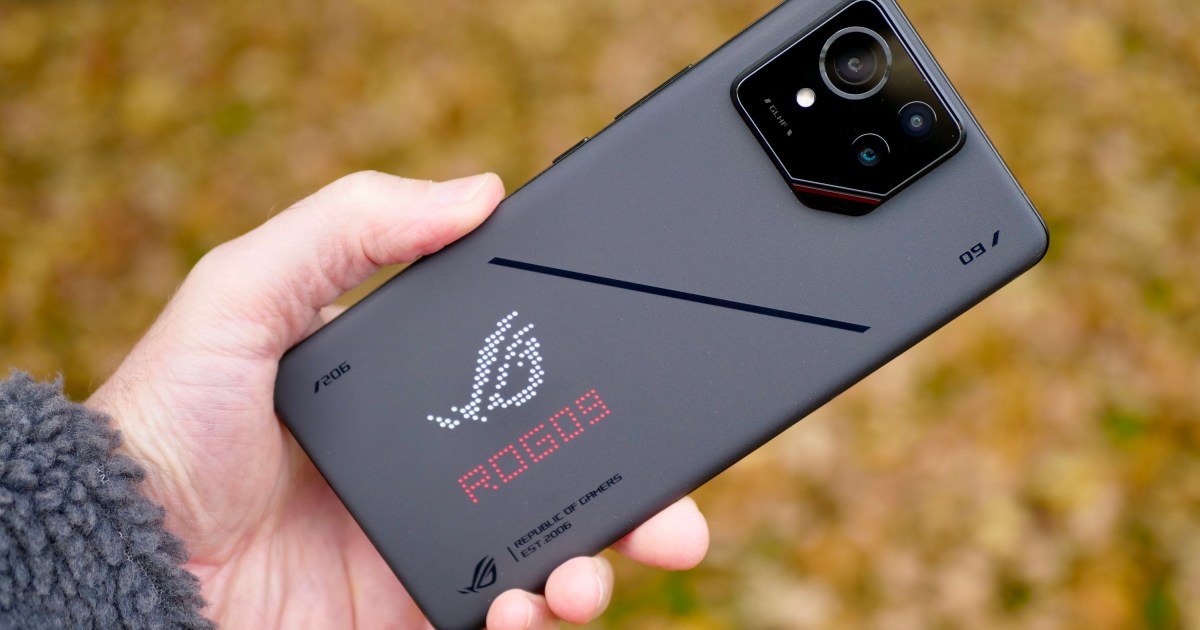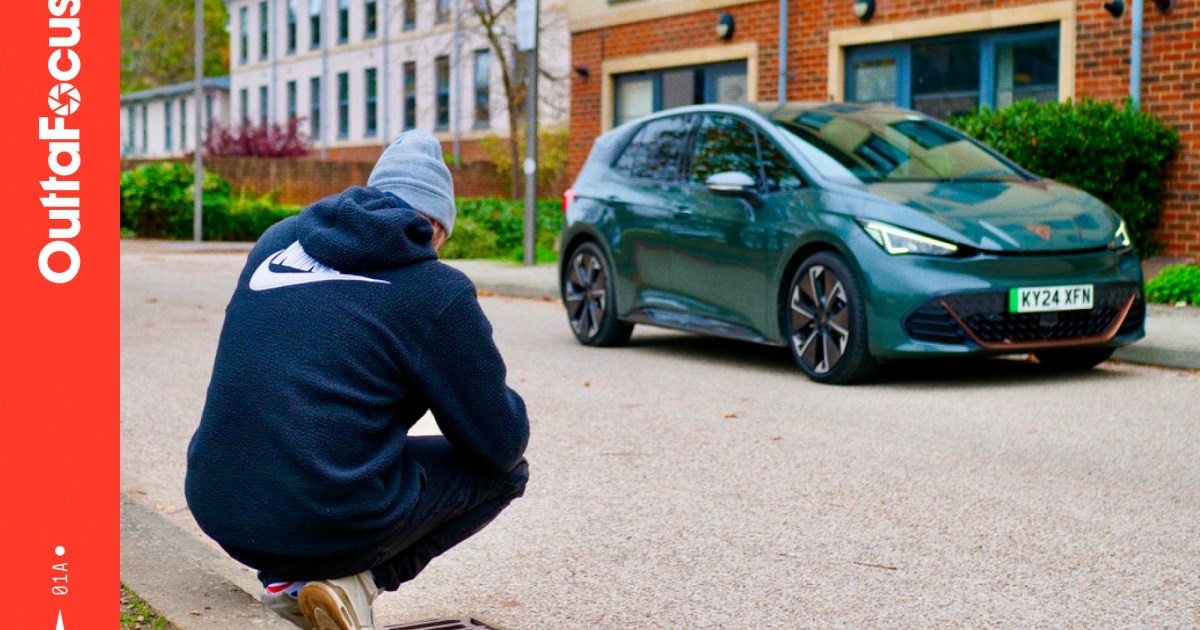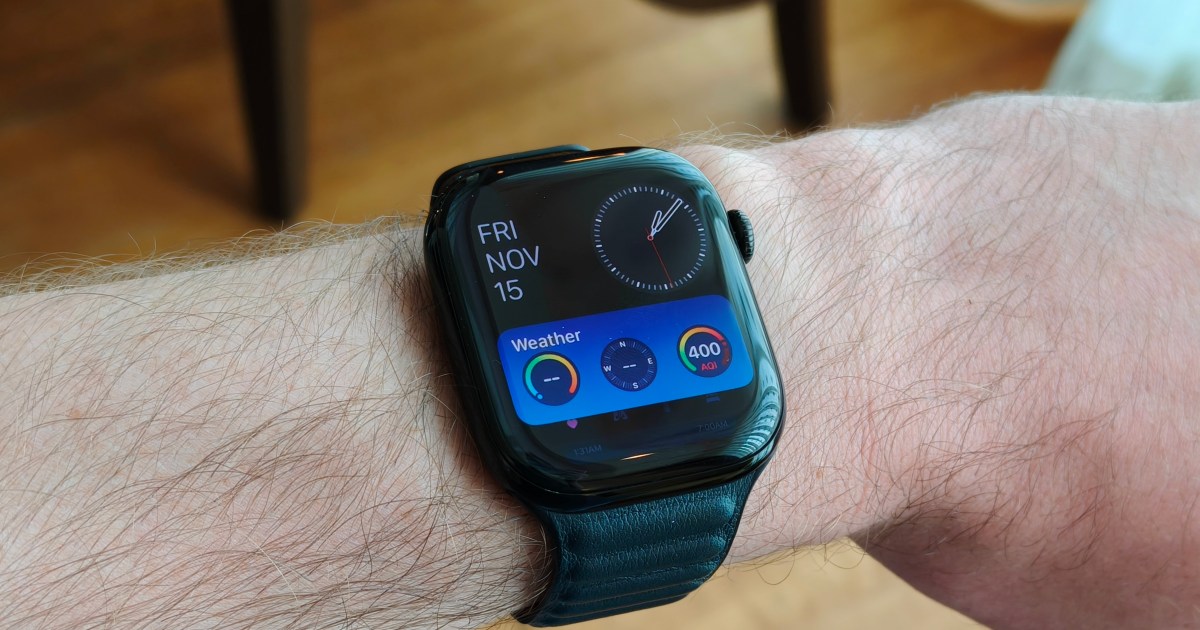The HMD Fusion stands out in today’s crowded smartphone market. It’s not a high-priced flagship, but a modular phone that offers a unique approach to customization and repairability. This innovative device from HMD, breaking free from its Nokia brand ties, dares to explore the challenging landscape of modular smartphones.
Exploring the HMD Fusion’s Modular Design
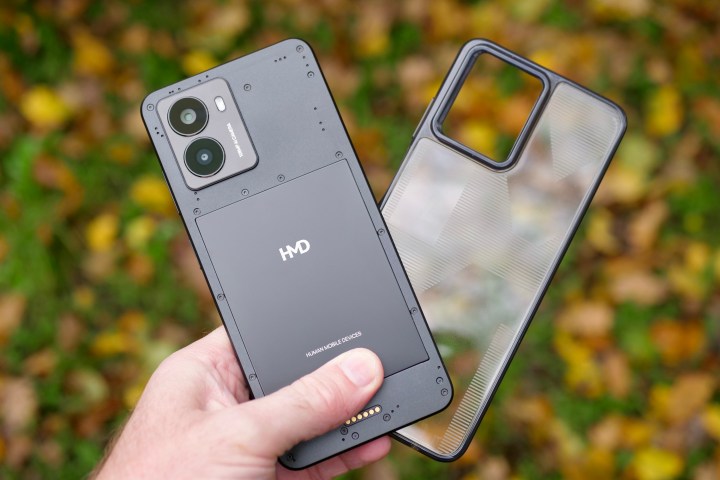 The HMD Fusion and its Casual Outfit.HMD Fusion with Casual Outfit – Image: Andy Boxall / MaagX
The HMD Fusion and its Casual Outfit.HMD Fusion with Casual Outfit – Image: Andy Boxall / MaagX
Introduced at Mobile World Congress 2024 and launched in September, the HMD Fusion embraces the modular phone concept. The base phone can be enhanced with various components, offering upgrades and personalization based on individual needs. This modularity extends to user repairability, allowing for easy replacement of parts like the battery and screen.
Central to the Fusion’s design are Smart Outfits. These function as high-tech cases, offering both protection and added functionality. They connect to the phone via pogo pins, ensuring a robust and reliable connection. The Fusion requires an Outfit at all times. The included Casual Outfit is a simple, transparent case that provides basic protection.
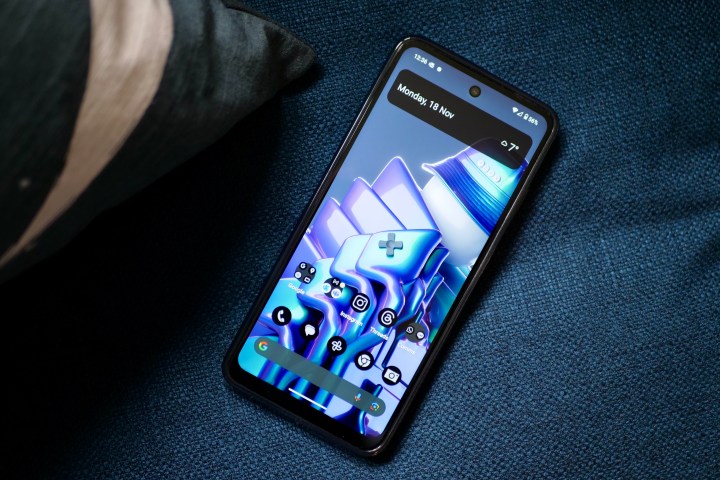 The HMD FusionHMD Fusion – Image: Andy Boxall / MaagX
The HMD FusionHMD Fusion – Image: Andy Boxall / MaagX
While most phone cases are optional, the Casual Outfit is essential for the Fusion, protecting its exposed components.
Introducing the Flashy Smart Outfit
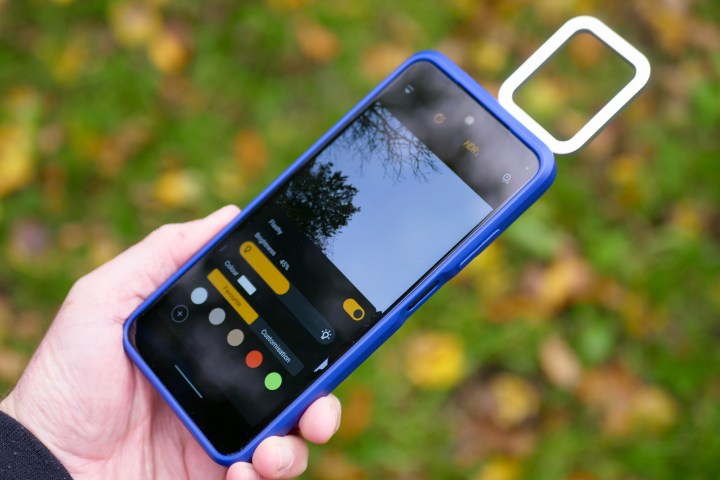 The HMD FusionHMD Fusion with Flashy Smart Outfit – Image: Andy Boxall / MaagX
The HMD FusionHMD Fusion with Flashy Smart Outfit – Image: Andy Boxall / MaagX
HMD plans to release its own Smart Outfits but has also made the design instructions public, encouraging community and third-party development. The Flashy Smart Outfit adds a ring light to the Fusion’s camera system. Integrated into the camera module surround, this light can be used with both the rear and front cameras. Powered by the phone’s battery, the ring light is controlled within the standard camera app, eliminating the need for separate buttons or apps.
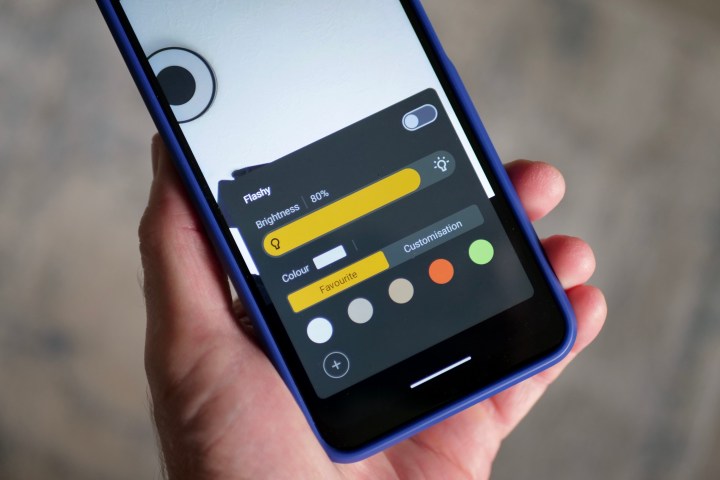 The HMD Flashy Smart OutfitHMD Flashy Smart Outfit – Image: Andy Boxall / MaagX
The HMD Flashy Smart OutfitHMD Flashy Smart Outfit – Image: Andy Boxall / MaagX
The Flashy’s case-integrated design simplifies usage, unlike previous modular phone accessories. However, its bulk transforms the Fusion into a rugged phone, requiring the replacement of the Casual Outfit.
Evaluating the Flashy’s Value
 An example of the HMD FusionNo flash – Andy Boxall / MaagX
An example of the HMD FusionNo flash – Andy Boxall / MaagX
 An example of the HMD FusionScreen-fill flash – Andy Boxall / MaagX
An example of the HMD FusionScreen-fill flash – Andy Boxall / MaagX
 An example of the HMD FusionFlashy ring light – Andy Boxall / MaagX
An example of the HMD FusionFlashy ring light – Andy Boxall / MaagX
The Flashy, priced at around $101, adds a significant cost to the Fusion’s base price. While it offers improved lighting for selfies and photos, especially in low-light conditions, its price point competes with much cheaper clip-on ring light alternatives. This raises the question of its value proposition, considering the Fusion’s own affordable price.
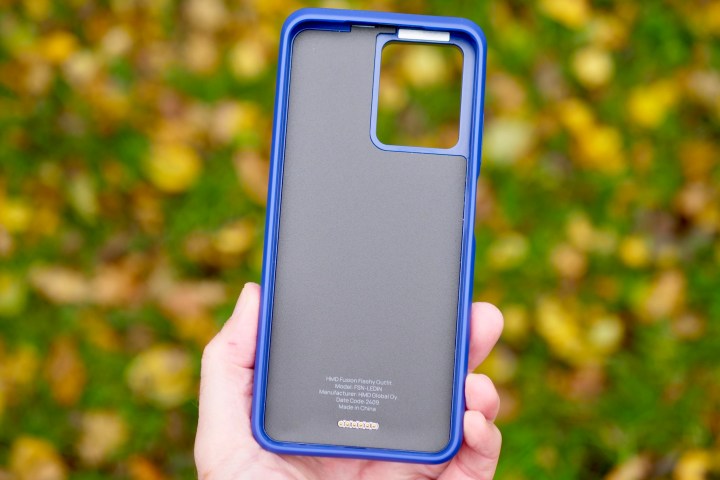 The inside of the HMD Flashy Smart Outfit case.Inside the HMD Flashy Smart Outfit case – Image: Andy Boxall / MaagX
The inside of the HMD Flashy Smart Outfit case.Inside the HMD Flashy Smart Outfit case – Image: Andy Boxall / MaagX
HMD Fusion: Performance and Features
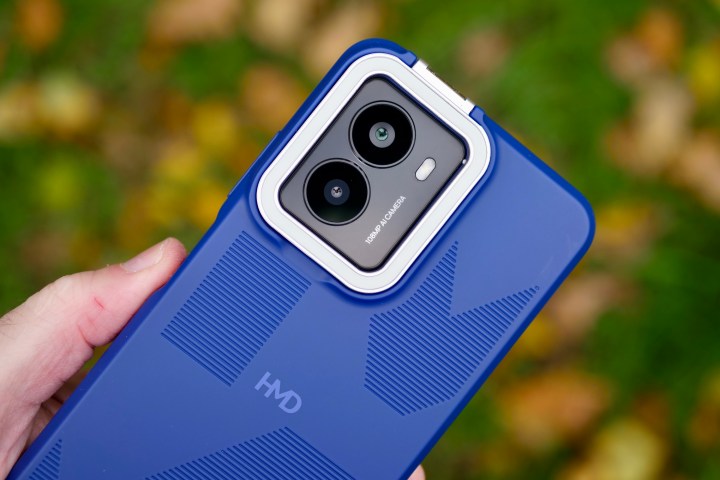 The HMD FusionHMD Fusion – Image: Andy Boxall / MaagX
The HMD FusionHMD Fusion – Image: Andy Boxall / MaagX
The HMD Fusion utilizes a Qualcomm Snapdragon 4 Gen 2 processor, coupled with RAM options ranging from 4GB to 12GB. While some lag is noticeable, the phone handles everyday tasks and gaming adequately. It runs Android 14, with HMD promising two major OS updates and three years of security updates. A 5,000mAh battery and 33W wired charging are included, along with a 3.5mm headphone jack.
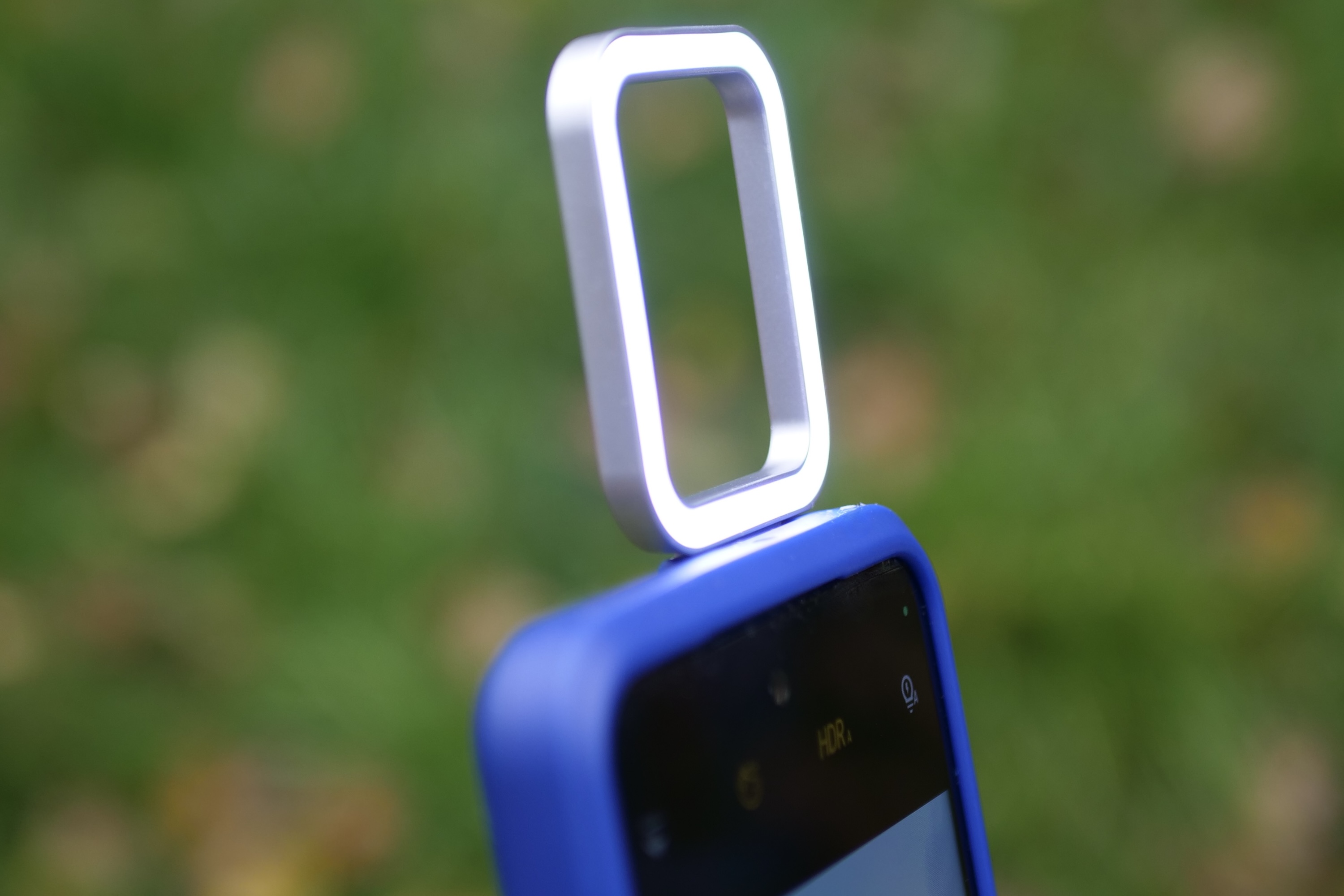 The side of the HMD FusionSide of the HMD Fusion – Andy Boxall / MaagX
The side of the HMD FusionSide of the HMD Fusion – Andy Boxall / MaagX
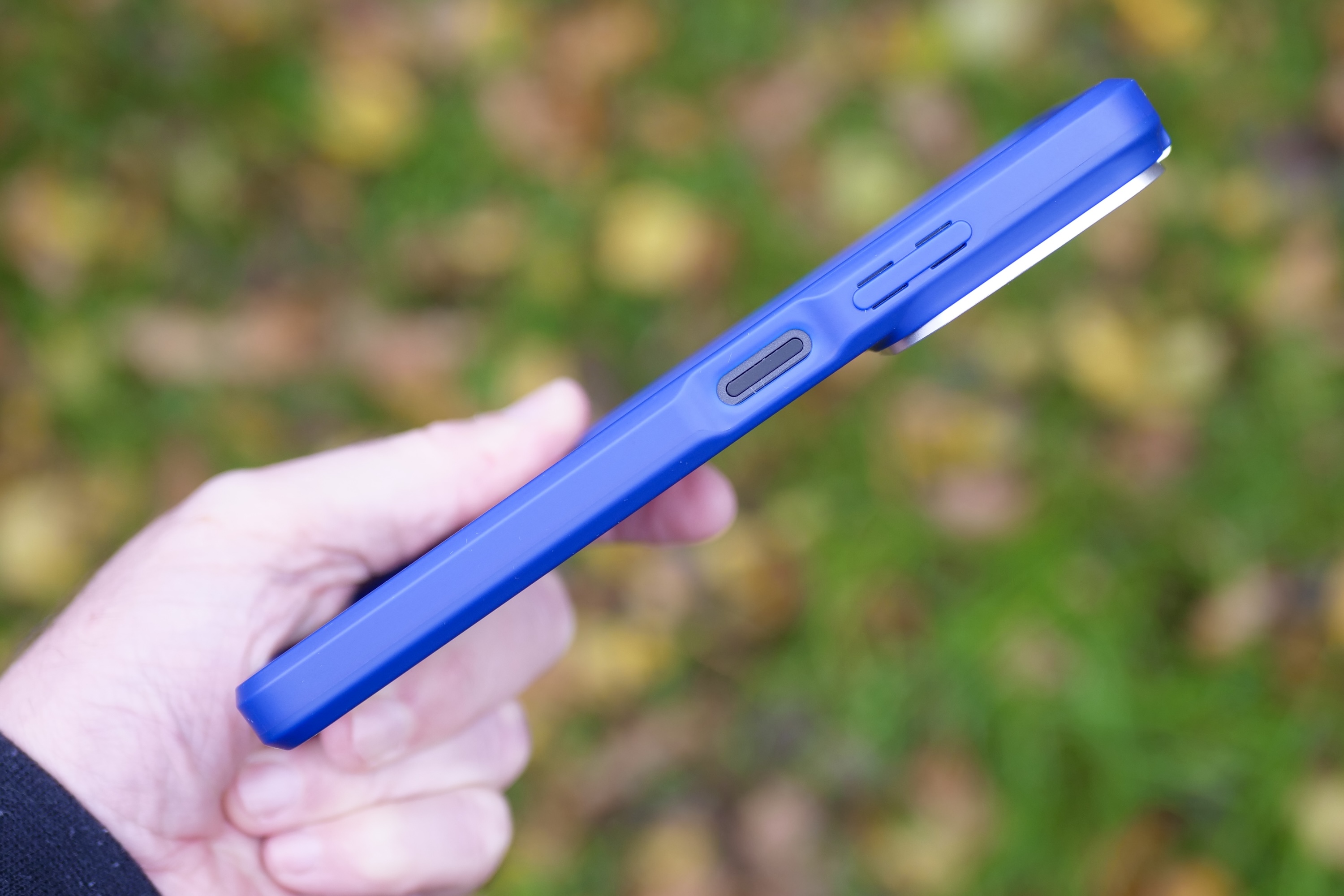 The side of the HMD Flashy Smart Outfit.Side of the HMD Flashy Smart Outfit – Andy Boxall / DIgital Trends
The side of the HMD Flashy Smart Outfit.Side of the HMD Flashy Smart Outfit – Andy Boxall / DIgital Trends
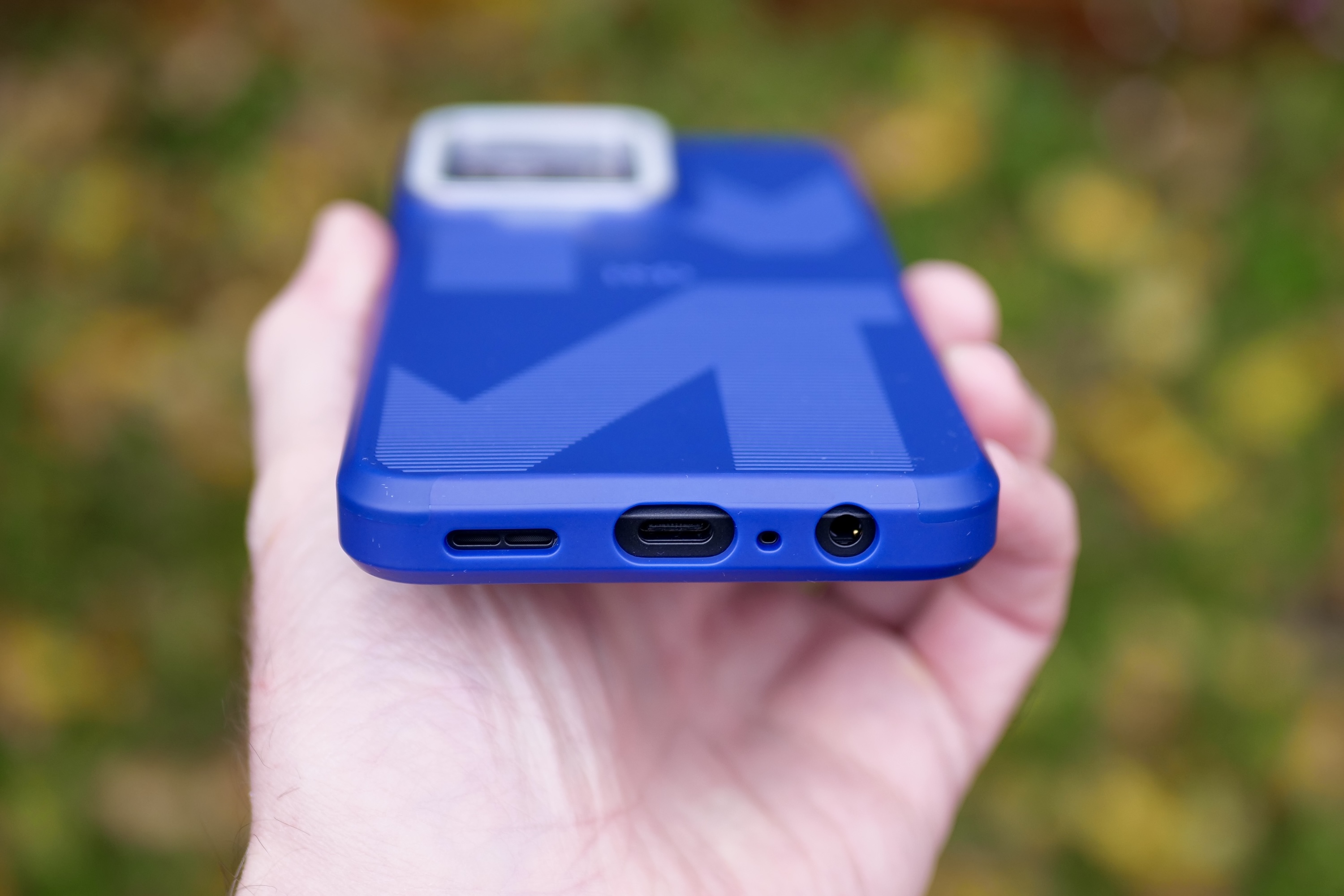 The base of the HMD Fusion and Flashy Smart Outfit.Base of the HMD Fusion and Flashy Smart Outfit – Andy Boxall / MaagX
The base of the HMD Fusion and Flashy Smart Outfit.Base of the HMD Fusion and Flashy Smart Outfit – Andy Boxall / MaagX
The 6.56-inch screen, however, is a weaker point, with subpar viewing angles and brightness. Despite a 90Hz refresh rate, the display doesn’t offer a completely smooth experience.
The Future of Modular Smartphones?
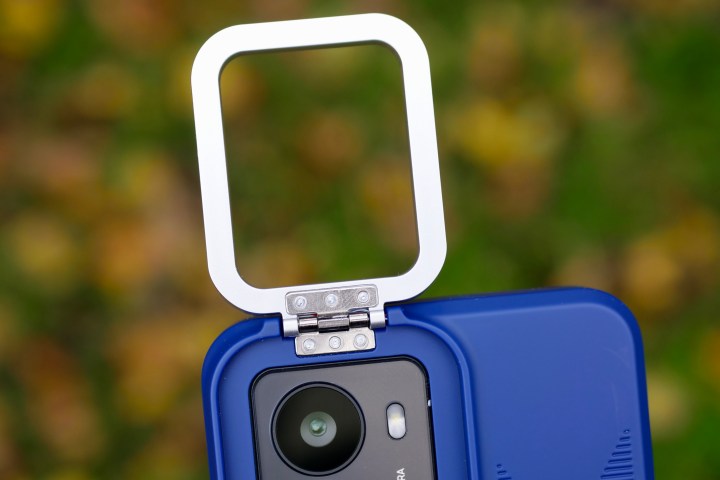 The The HMD FusionHMD Fusion – Andy Boxall / MaagX
The The HMD FusionHMD Fusion – Andy Boxall / MaagX
The HMD Fusion represents a bold attempt at revitalizing the modular smartphone concept. Its open-source approach to Smart Outfits fosters community involvement and customization possibilities. However, the success of this approach hinges on widespread adoption and support. While the Fusion offers exciting potential for repairability and personalization, it faces competition from other customizable phones like the CMF by Nothing Phone 1. Only time will tell if the HMD Fusion can overcome the challenges faced by previous modular phone ventures and establish a lasting presence in the market.



